Tongkat Ali vs. Ashwagandha: Which Is More Effective?
Author:
Unlock your full potential by engaging with our experts and community! Have questions about your fitness journey or looking for expert advice on weightlifting techniques? Don’t hesitate — leave a comment below and Jacek Szymanowski will provide a personalized answer and insights to help you reach your goals.
Torokhtiy is reader-supported. Some links are affiliate links, and we may earn a commission at no extra cost to you. See our disclosure page for details.
Interested in taking either tongkat ali or ashwagandha? In this article, we’ll be going over the question of tongkat ali vs. ashwagandha so you can learn more about these 2 herbal supplements. Both of these supplements have purported testosterone boosting effects, making them both of special interest to those looking to put on muscle and gain strength. However, are these claims true for either supplement? Let’s find out!
The difference between Tongkat Ali vs Ashwagandha lies largely in the difference of research supporting any claims of testosterone boosting effects. There is a good amount of research available that shows ashwagandha boosts testosterone. However, there is not enough research on Tongkat Ali that shows the same effects.
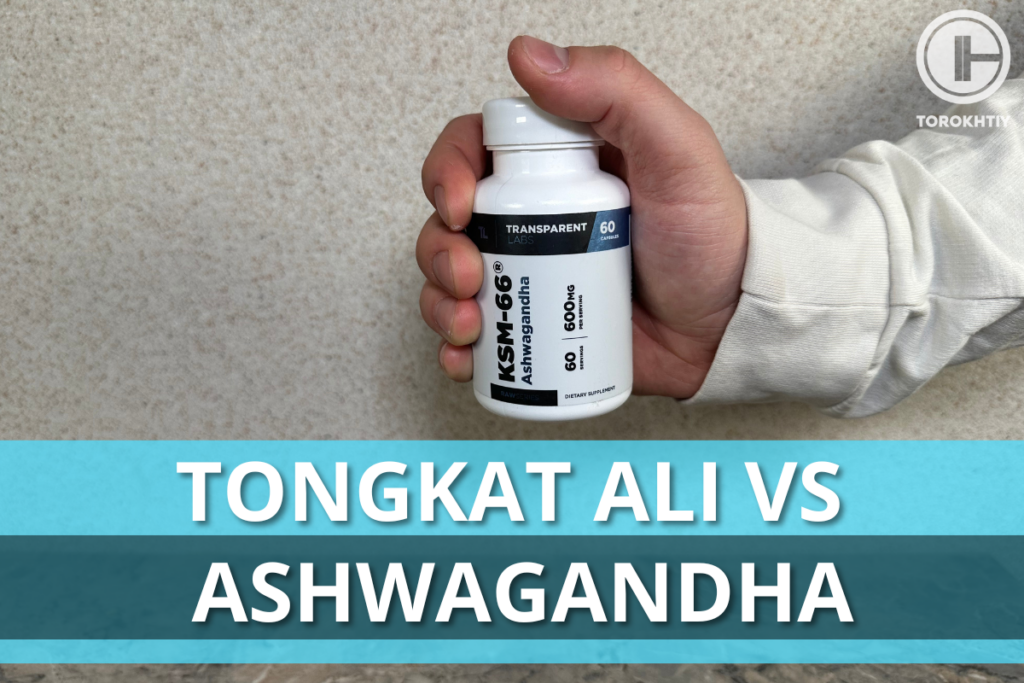
What Is Tongkat Ali?
Tongkat Ali, frequently referred to as longjack or malaysian ginseng is a medicinal herb used commonly in Southeast Asia. The root extract from the plant is a traditional medicine for boosting testosterone levels, as well as reducing blood pressure, and various other symptoms.
It’s purported testosterone-boosting properties have made it of interest to those looking to put on muscle and strength, but does it actually work?
As of right now, there is no hard evidence that supports the use of tongkat ali as a sports supplement. While there have been mixed results in studies examining the ergogenic effects of tongkat ali, overall it appears supplementation has minimal effects on performance.
Tongkat Ali’s purported benefits appear to be rooted more in tradition than scientific evidence. Overall, most of the studies conducted on Tongkat Ali have been done using animals. This leaves us with minimal data about both the effectiveness and overall safety of Tongkat Ali.
While Tongkat Ali is likely safe for most people in moderate doses, those with existing health conditions should avoid it because of a lack of data.
While further research may show Tongkat Ali to be a beneficial sports supplement, because of the current lack of data, we can’t recommend its use for this purpose. While we can’t recommend it, be sure to do plenty of your own research if you’re interested in this supplement.
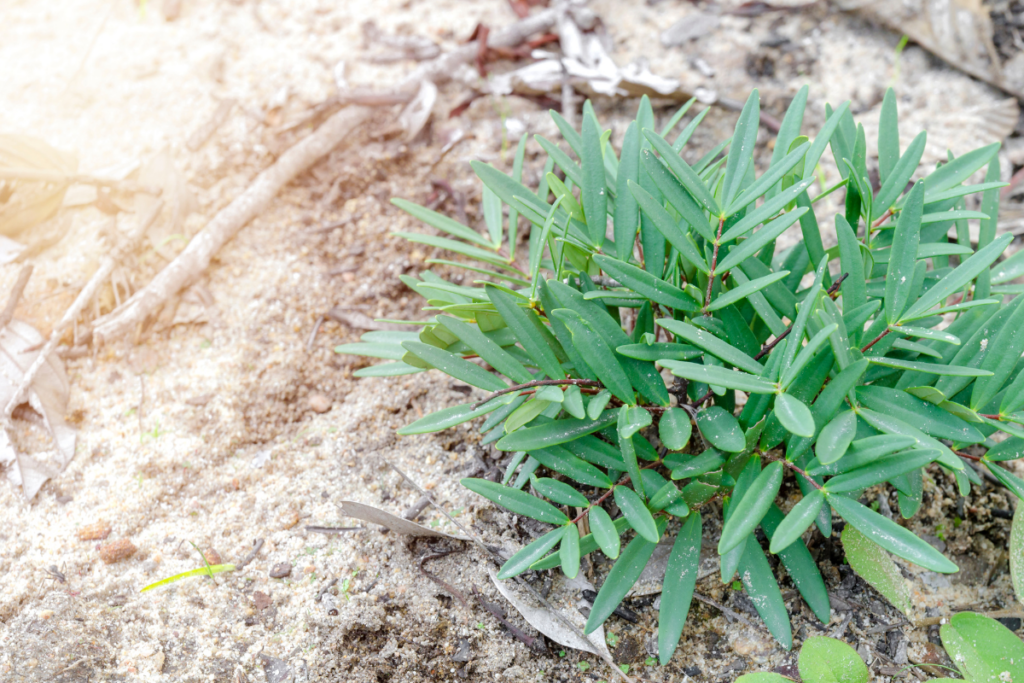
What Is Ashwagandha?
Similar to Tongkat Ali, Ashwagandha is an herbal medicine that has been used traditionally in different parts of the world (mainly Asia and Africa), for thousands of years. It has similar purported properties to Tongkat Ali such as boosted testosterone as well as an increase in libido.
So, is Ashwagandha’s use largely based on tradition rather than science, or is there real evidence to back up these claims?
Unlike Tongkat Ali, there is significant evidence in human-based studies to confirm that Ashwagandha supplementation does in fact boost testosterone levels. This evidence was collected in a 2020 systematic review of herbal supplements, which looked at 4 different studies on ashwagandha.
3 of the 4 studies showed significant increases in testosterone levels, making it one of the only herbal supplements available with such properties.
It should be noted that Ashwagnadha likely increases testosterone because of its cortisol reducing properties and improving sleep time, quality and efficiency! Chronically elevated cortisol suppresses testosterone production. So, this means ashwagandha will likely produce the most significant results in stressed individuals with high cortisol levels.
In this systematic review, researchers made it clear that there is still not enough substantial evidence to make any definitive claims about the use of Ashwagandha for boosting testosterone. With this being said, these studies provide significantly more evidence to support the use of Ashwagandha as a sports supplement when compared with Tongkat Ali.
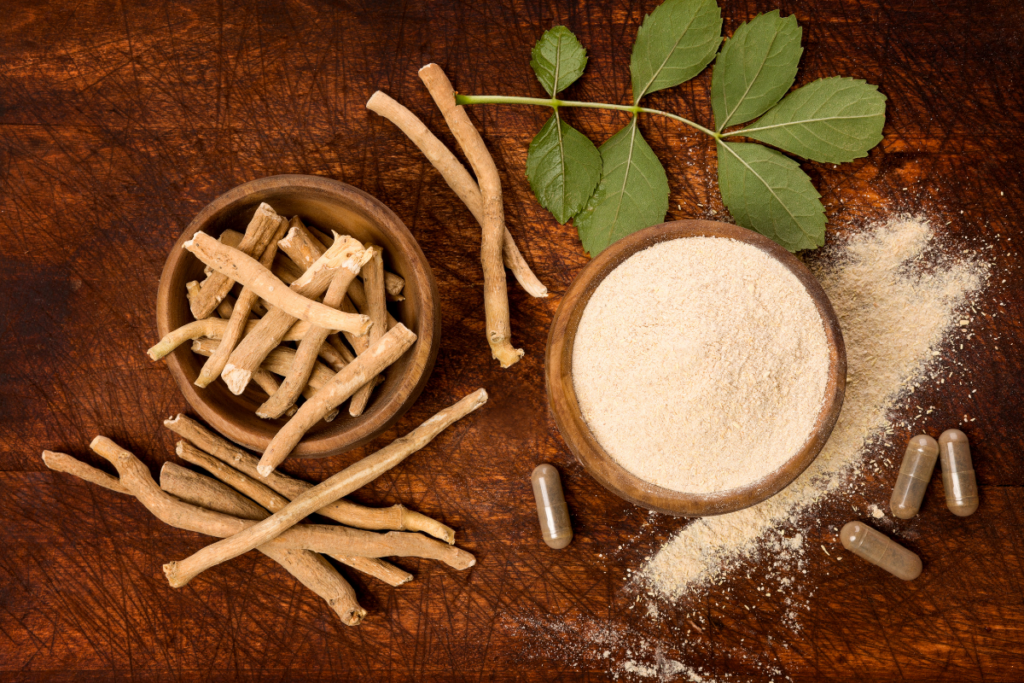
Studies have also shown that Ashwagandha is likely completely safe for human consumption. With this being said, if you have any pre-existing health conditions, you should still exercise caution when taking any supplement. Be sure to consult a doctor if you’re concerned about the potential negative effects of Ashwagandha supplementation.
All in all, there is a solid amount of research to back up Ashwagandha’s effectiveness and safety as a testosterone-boosting supplement. However, more research should be done before any definitive conclusions can be drawn.
Tongkat Ali vs Ashwagandha
| Criteria | Tongkat Ali | Ashwagandha |
|---|---|---|
| Safety | It does appear to be safe in moderate doses. However, more research needs to be done in humans to confirm this. | Studies show that Ashwagandha is completely safe in moderate doses (600mg daily for 12 weeks). Exercise caution or consult with a doctor before use if you have any pre-existing health conditions. |
| Effectiveness | There is minimal evidence to definitively support the use of Tongkat Ali in boosting testosterone, or for any other purpose (yet 🙂). | Studies show that Ashwagandha is effective at increasing testosterone. However, how ashwagandha acts on the body is still largely unknown, and research on this front is still limited. |
| Price | Both of these supplements are very affordable. You can easily find either supplement for well under $0.50 per serving. | |
1. Safety
While both supplements should be safe in moderate doses for most healthy people, there is significantly less evidence proving the safety of Tongkat Ali. While there is more evidence backing up Ashwagandha’s safety, it is still fairly limited. Because of this, we don’t recommend Tongkat Ali for anybody with pre-existing health conditions.
Anybody with health problems interested in taking Ashwagandha should still exercise caution, or consult with a doctor before use.
2. Effectiveness
Both of these supplements have been used traditionally for similar purposes (ie. boosting testosterone, increasing fertility, etc.), but there is much more scientific evidence to support the use of Ashwagandha. While there are some studies looking at Tongkat Ali’s potential as a sports supplement, results are mostly mixed.
There are, however, multiple studies showing that Ashwagandha significantly boosts testosterone levels. While further research needs to be done before definitive conclusions are made about their effectiveness, as of right now, Ashwagandha is the more research-supported supplement.
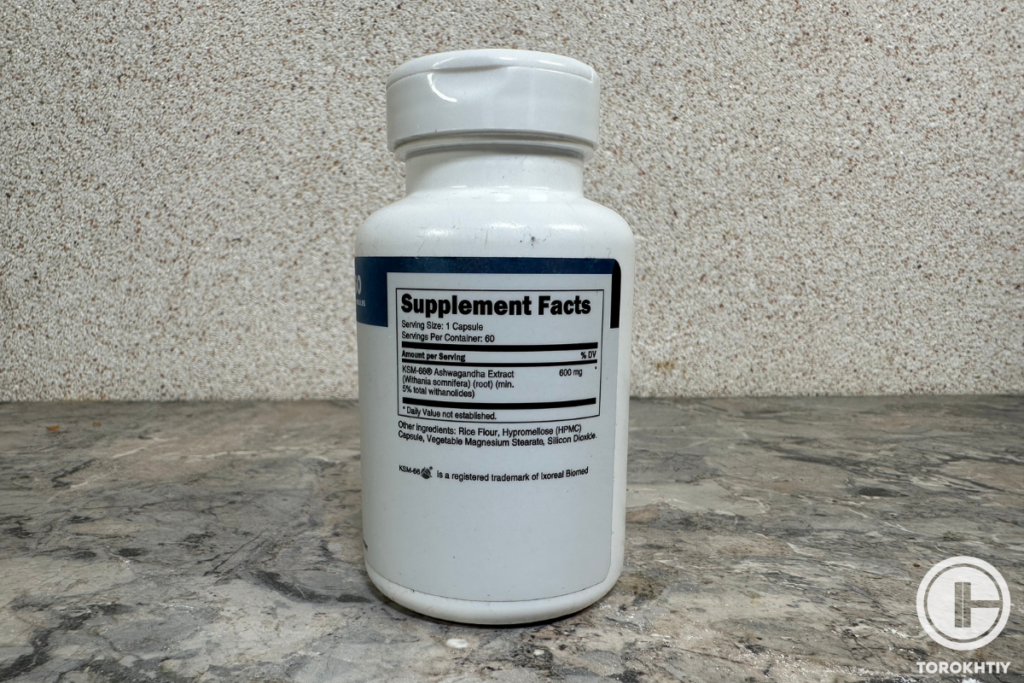
3. Cost
Both supplements are incredibly cheap, and can be found for well under $0.50 per serving. For reference, the ashwagandha supplement we recommend from Transparent Labs is only $0.33 per serving.
Tongkat Ali vs Ashwagandha: Summary
Overall, while similar claims exist surrounding the benefits of ashwagandha and tongkat ali, only one of these supplements has solid scientific research backing up its effectiveness. Ashwagandha has been shown to increase testosterone levels across multiple studies, while there is little evidence to support these claims when it comes to Tongkat Ali.
While both supplements are likely safe, there is more concern surrounding Tongkat Ali for lack of study in human trials.
While both supplements should be researched more before making any definitive claims, as of right now, there is much more research backing up the use of Ashwagandha over Tongkat Ali.
1. Pros/Cons of Tongkat Ali
Positives:
Could be better:
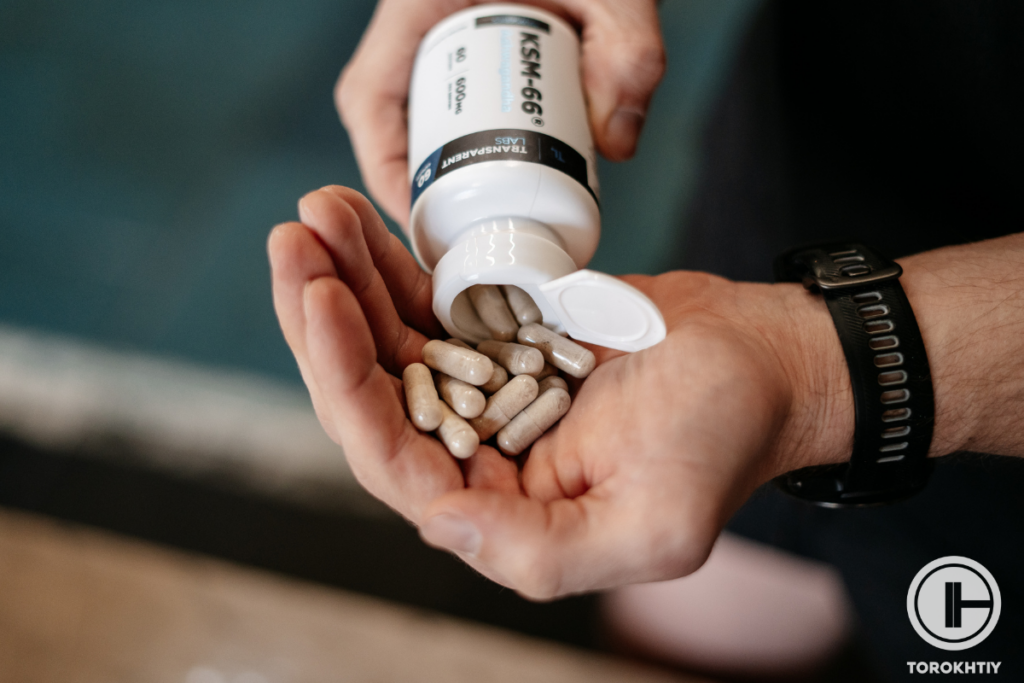
2. Pros/Cons of Ashwagandha
Positives:
Could be better:
Tongkat Ali vs Ashwagandha: When to Use Each?
Because of the reasons listed above, we cannot currently encourage the use of Tongkat Ali as a sports supplement. There is just not enough research to support either its efficacy or safety, which is why we currently recommend avoiding it.
While further research still needs to be done on Ashwagandha as well, it appears to be safe and effective in moderate doses. Based on the research, those looking to boost their testosterone with Ashwagandha should take 1 serving of 300-600mg daily for optimal results.
If you have any pre-existing health conditions, or if you’re concerned about the potential risks of Ashwagandha, be sure to consult with a doctor before beginning supplementation.
Transparent Labs KSM-66 Ashwagandha Extract
If you’re interested in trying out Ashwagandha, we recommend Transparent Labs KSM-66 Ashwagandha Extract.
In each serving, you can expect a solid 600mg dose of Ashwagandha Extract. Based on the studies that demonstrated increased testosterone levels from ashwagandha supplementation, this should be an optimal dose.
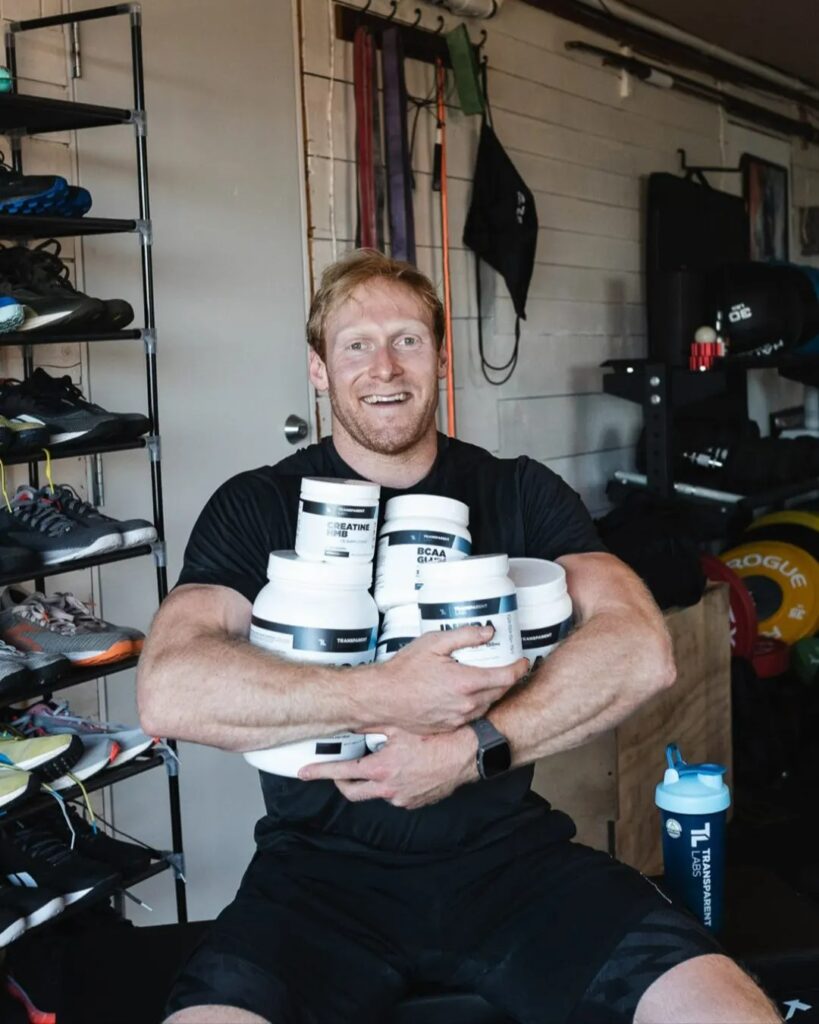
There are no additional ingredients in this supplement, making it perfect for seeing what effects Ashwagandha will have on you. Also, as with all of Transparent Labs formulas, there are no artificial ingredients in this formula whatsoever, meaning no artificial preservatives, coloring, or flavoring.
Also, as mentioned above, this is a very budget-friendly supplement. Each serving will only cost you around $0.33, making it a great option for those on any budget.
Overall, as long as you’re aware that there is still relatively minimal evidence supporting the use of Ashwagandha and you still want to try it out, this would be a great option.
FAQ
How Does Tongkat Ali Work?
The mechanisms behind Tongkat Ali’s potential effects are not very well understood, so it’s difficult to say exactly how it works. The lack of research behind Tongkat Ali is a large part of the reason we can’t recommend its use as a sports supplement.
Is Tongkat Ali Ok to Take?
We currently cannot recommend the use of Tongkat Ali as a sports supplement because of the lack of research surrounding its safety and efficacy. Although further research may prove its usefulness as a supplement, we currently recommend doing your own research before taking tongkat ali.
Is It Safe to Take Tongkat Ali Everyday?
Tongkat Ali does appear to be safe for healthy people in moderate doses. However, very little research has been done regarding its safety for humans. This means it should likely be avoided by anybody with any pre-existing health conditions. With there being similarly minimal evidence to support its effectiveness, you should exercise caution and do your own research before deciding to take it.
Can I Take Tongkat Ali and Ashwagandha Together?
While there doesn’t appear to be much additional risk to taking tongkat ali with ashwagandha, with there being little evidence to support the use of tongkat ali, we don’t recommend mixing these 2 supplements together.
Conclusion
Overall, if you were considering taking ashwagandha or tongkat ali, we hope this article was able to clear up some of your questions. If you’re considering ashwagandha vs tongkat ali for testosterone boosting properties, we strongly recommend taking ashwagandha over tongkat ali.
This is because there is significantly more evidence to back up both the safety and effectiveness of ashwagandha when compared to tongkat ali. For these reasons, we strongly recommend avoiding tongkat ali.
If you’re interested in taking ashwagandha, we recommend checking out Transparent Labs’ KSM-66 Ashwagandha Extract for a high-quality and affordable supplement.
Were you aware of the differences between ashwagandha vs tongkat ali? Do you have experience taking either of these herbal supplements? Let us know your thoughts in the comments below!
Also read:
- Does Ashwagandha Increase Testosterone
- Rhodiola vs Ashwagandha
- How Long Does Ashwagandha Take To Work
- Nutrition Ashwagandha
- How Much Ashwagandha per Day for Testosterone
- Ashwagandha for Weight Loss
- Is Ashwagandha a Steroid
- Ashwagandha Gym Benefits
- Does Ashwagandha Make You Gain Weight
- Ashwagandha For Athletes
References:
- Brady Holmer, “Tongkat Ali” Examine, https://examine.com/supplements/tongkat-ali/ (accessed April 26, 2023).
- “Can tongkat ali improve exercise performance?” Examine, http://surl.li/lbdhm (accessed April 26, 2023).
- Stephen J Smith, Adrian L Lopresti, Shaun Y M Teo, Timothy J Fairchild, “Examining the Effects of Herbs on Testosterone Concentrations in Men: A Systematic Review” National Library of Medicine, no. 2 (May 2021): 12(3): 744–765.
- Sachin Wankhede, Deepak Langade, Kedar Joshi, Shymal R. Sinha, Sauvik Bhattacharyya, “Examining the effect of Withania somnifera supplementation on muscle strength and recovery: a randomized controlled trial” National Library of Medicine, no. 2 (2015): 10.1186/s12970-015-0104-9.
- Gene Bruno, Ashwaganha (Literature Education Series On Dietary Supplements, 2009), 15, https://www.huhs.edu/literature/Ashwaganda.pdf.
- Photos by Torokhtiy Media Team; photo by Suntorn Suwannasri, Canva; photo by eskymaks, Canva
Why Trust Us?
With over 20 years in Olympic weightlifting, strength training, nutrition coaching, and general fitness our team does its best to provide the audience with ultimate support and meet the needs and requirements of advanced athletes and professional lifters, as well as people who strive to open new opportunities and develop their physical capabilities with us.
By trusting the recommendations of our certified experts in coaching, nutrition, and sports training programming, as well as scientific consultants, and physiotherapists, we provide you with thorough, well-considered, and scientifically proven content. All the information given in the articles concerning workout programming, separate exercises, and athletic performance, in general, is based on verified data.
The product testing process is described in more detail here.
Author: Jacek Szymanowski
Certified Nutritionist,
M.Sc.Eng. Biotechnology
Performance Architect,
Strength and Conditioning Specialist
With over 30 years of fighting experience, specialization in nutrition coaching for athletes, and expertise in metabolic health and dietary strategies, Jacek offers a comprehensive approach to optimizing your performance and well-being. Backed by a Master of Science degree in Biotechnology, Jacek remains at the forefront of scientific advancements, ensuring that his coaching is always evidence-based and up-to-date.



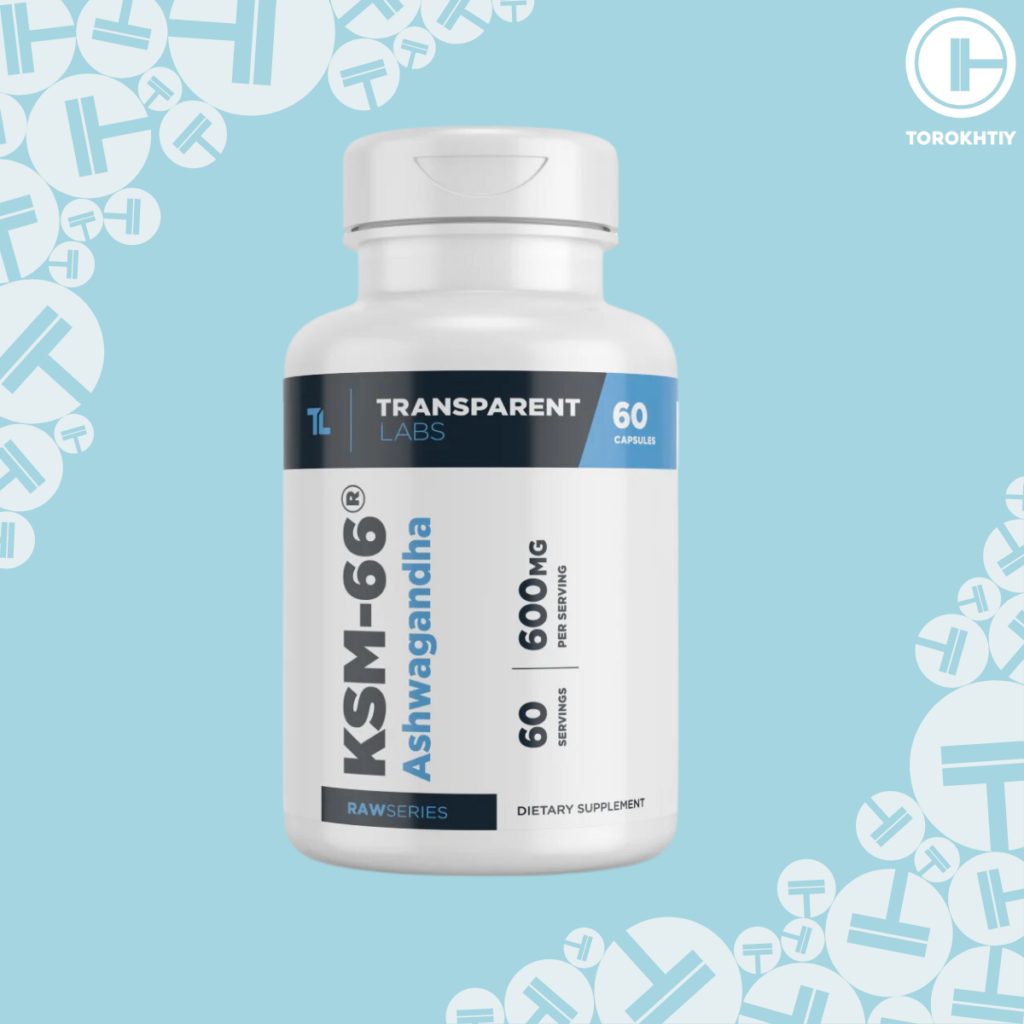
Still have questions after reading our article? Unlock your full potential by engaging with our experts and community! Don’t hesitate — leave a comment below and Jacek Szymanowski will provide a personalized answer and insights to help you reach your goals.